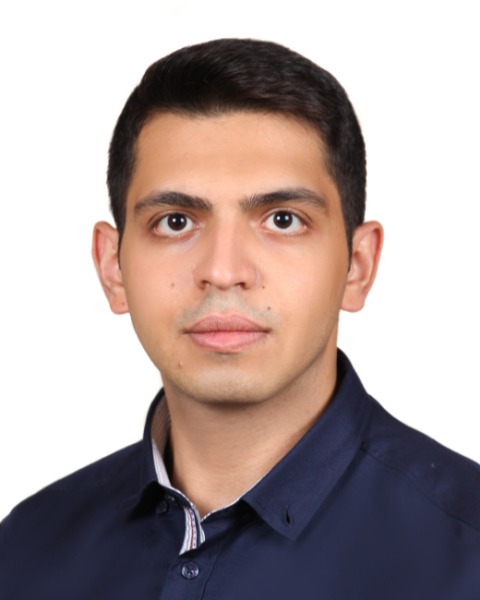
Alireza Hadizadeh, M.D
M.D postdoctorate research fellow
Northshore University HealthSystem (The University of Chicago Pritzker School of Medicine)
Northshore University HealthSystem (The University of Chicago Pritzker School of Medicine)
chicago, IL, United States
I am Alireza Hadizadeh. I am a medical doctor, and I graduated from the Tehran University of Medical Sciences. I am a post-doctorate research fellow at the University of Chicago at NorthShore University Health System.
During my medical school years, I became deeply involved in research and discovered a true passion for combining clinical work with meaningful research, leading to improved patient outcomes. Ever since starting my clerkship rotations, my research has focused on medical and surgical interventions in pelvic medicine, this resulted in numerous research projects that I carried out in surgical fields with a special focus on stem cell therapy.
Working closely with Dr. Ghazaleh Rostaminia, my current mentor and a leader in dynamic imaging of the pelvic floor, has been a pivotal part of my research journey. Her mentorship has been instrumental in my development, enhancing my research skills and contributing to peer-reviewed publications. Our joint efforts have established foundational work for our current research, focusing on noninvasive, minimally invasive surgery for rectal prolapse and obstructed defecation symptoms. This proposed study extends our previous work, in which the novel transvaginal rectopexy technique was developed.
My previous work with my mentor, Dr Mohsen Ahmadi-tafti, a renowned colorectal surgeon in Iran, included exploring novel therapeutic interventions like mesenchymal stem cell-derived exosomes for treating refractory perianal fistulas in both IBD and non-IBD patients. Furthermore, we assessed the treatment of anastomotic leakage with a novel negative pressure vacuum-assisted sponge drain. Our collaboration led to numerous peer-reviewed publications.
My recent research focus has shifted towards studying the physiological and pathological movements of pelvic floor structures through MRI and ultrasound imaging. Specifically, we are defining new clinical applications for static and dynamic pelvic floor ultrasound in diagnosing and understanding symptoms of pelvic floor dysfunction, such as obstructed defecation.
Disclosure information not submitted.
Presentation(s):
-
Monday, June 3, 2024
11:29 AM - 11:35 AM ET, USA
